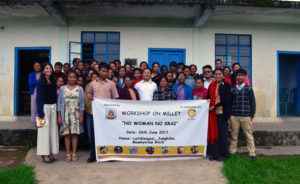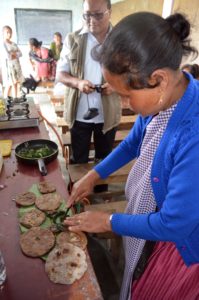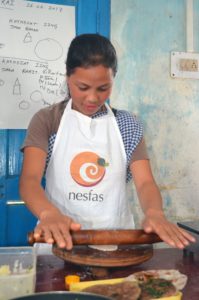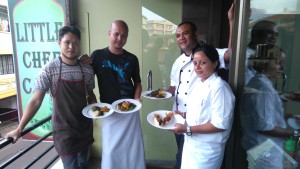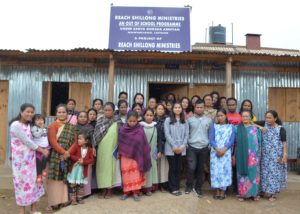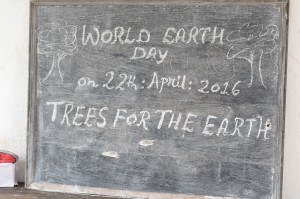A workshop cum awareness programme on the importance of “Millet” was held on the 26th June 2017 at Laitdiengsai Village, Mawkynrew Block organised by the Social Service Centre (SSC) Shillong in collaboration with NESFAS. The programme is also part of a project called “Facilitating Agricultural Regeneration Resources” initiated by the SSC.
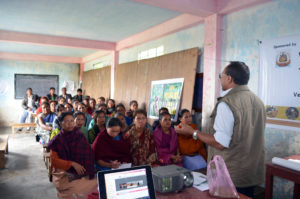
With the theme “No Woman No Krai”, a slogan that was started by Slow Food International and adopted as a campaign locally, the workshop focused on the importance of millet (Krai), the emergence of millet networks in the local and global forum, and the role of women as protectors of this precious crop. Mapping the diversity of millet and a cooking class on two recipes of millet was also conducted, in which participants from 6 villages, namely Jongksha, Laitdiengsai, Mawmuthoh, Mawpyrshong, Mawblang and Rapleng actively took part.
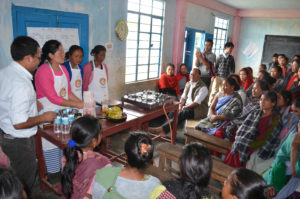
Their active participation
Resource person Pius Ranee, Associate, NESFAS, shared, “If a time comes when there is shortage supply of rice in our region, which is our staple food, what would we do? We will have to reflect that millet was a staple food back in the days during the time of our forefathers”.
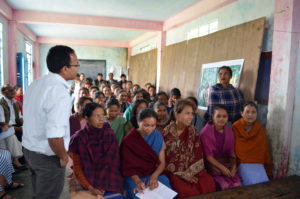
Millets are nutritional powerhouses because they have high fiber and mineral contents that make them one of the healthiest cereals. Iron and calcium content in finger millet (a variety of millet) is higher in rice. Millet is believed to help prevent and cure modern lifestyle diseases such as diabetes, high blood pressure, and high cholesterol.
Pius Ranee shared in the workshop that millets are pest free crops that require no chemicals. Most importantly, they are climate-smart crops that can increase food sovereignty for farmers and can be sourced locally. Though millet is easy to cultivate, it is unfortunate that most farmers in our region have stopped cultivating this precious crop. Awareness about the crop can help support our local farmers through increased consumption of a variety of millet foods, also, gain benefits from their health values. At the same time, this can help contribute to our local economy, which is good for our people, health, and the environment.
“I have a recipe that was taught by my mother. We were fond of millet back in the days. I am willing to share this recipe with the rest present here”, conveyed Kong Margaret Kharmudai.
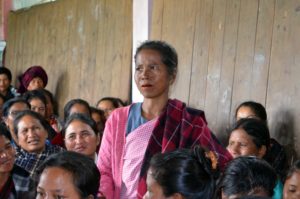
“The aim of the SSC is to promote traditional farming and the essence of traditional crops. We shall further take active steps to promote the cultivation of millet in the villages working with the SSC” commented Fr. Bernard Laloo, Director, SSC.
The workshop concluded with a resolution to further implement actions such as community seed exchange and documentation of local recipes of millet.
